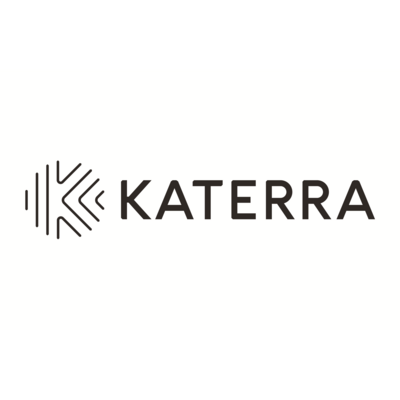What are Distinctive competencies?
Distinctive competencies are a set of capabilities that are unique to a given firm which make it possible for the firm to gain an edge in the market over their competitors. In simple terms, distinctive competencies are the traits that distinguish a company from competitors. This is a superior characteristic or quality that enables a firm to clearly distinguish itself from other firms.
The distinctive characteristic that a company possesses could be anything. It could be an innovation it comes up with, some skill it possesses, or a unique design. Alternatively, even the brand recognition, marketing techniques employed, being the first in a given niche or the customer acceptance could be the distinctive competence for a company. Any area where the company has an edge becomes a distinctive competence.
Through distinctive competencies, companies can provide premier value to their customers. Whatever the unique characteristic is, the competitors find it tough to mimic. This gives the company a competitive advantage over them. If these characteristics are easy to duplicate, they don’t really become distinctive competencies.
Origins
Philip Selznick, a Sociology professor at the University of California, Berkeley, studied a number of different organizations between 1949 and 1957. These included organizations such as The Communist Party and the Tennessee Valley Authority. In his studies of these organizations, Philip observed that each of these organizations had a particular set of strengths or weaknesses. These gave a certain uniqueness to the organization. In 1957 he came up with a term for this, calling it the ‘Distinctive competencies’.
A few years later, in 1971, Kenneth R. Andrews, an American academic credited with the foundational role in introducing and popularizing the concept of business strategy, elaborated on this concept. He said that the distinctive competencies were not only the organization’s obvious strengths but also functions it could perform particularly well as compared to its competitors.
Just a few years after that, in 1976, Howard H. Stevenson, the Sarofim-Rock Baker Foundation Professor Emeritus at Harvard University, also released a study about the same. He examined six companies and found that managers at the highest levels had very different ideas about their company’s strengths and weaknesses as well as the distinctive competencies.

Distinctive competencies vs Core competencies
A core competency is a competency of the business that is vital to its overall success. This is anything that a company does well and is critical to the value-generating activities of the firm. It is not necessarily a distinctive characteristic as competitors also may offer it.
On the other hand, a distinctive competency is one that distinguishes the company from its competitors. It may or may not be one of the company’s core competencies. This is a superior characteristic that is unique to the firm and customers identify with it.
To better understand this difference, consider the example of two companies A and B, which are in the same industry, say selling water bottles. Here, if A has a next to zero rate of defect or a better brand name, then it becomes a distinctive competency for A compared to B, unless it relies on this low rate of defects. If it does rely on the low rate of defects as a selling point, and is in the market as a reliable supplier of defect-free water bottles, then company A uses this as its core competency.
Examples of distinctive competencies
If the earlier example was confusing, worry not. We’ve explained distinctive competencies with the help of a few more examples here.
- Consider Google against any other search engine also in the market. Google has been around for a much longer period and has a brand name that cannot be mimicked by any other company. This brand name then becomes a distinguishing factor for Google.
- Similarly, take Amazon against any other e-commerce businesses. For Amazon, factors such as brand recognition, best-in-class distribution, and an immensely talented workforce all combine to become distinctive competencies.
- Brand recognition and being early distributors of a product are seen across other companies, too, such as fast food restaurants, food and beverage manufacturers, etc.
Defining the distinguishing characteristics of your business
To tell what your company’s distinctive competencies are, you need to first identify the strengths and weaknesses of your company. For this, you’d need to conduct an internal and external review of the various aspects of your business.
Then, analyze how these strengths and weaknesses fare in the marketplace, review the needs and see if your business has any advantages over competitors. When you find out the strength that satisfies the specific needs of the market and gives you an advantage, that becomes your distinctive competency.





 Entrepreneurship
Entrepreneurship












.png)